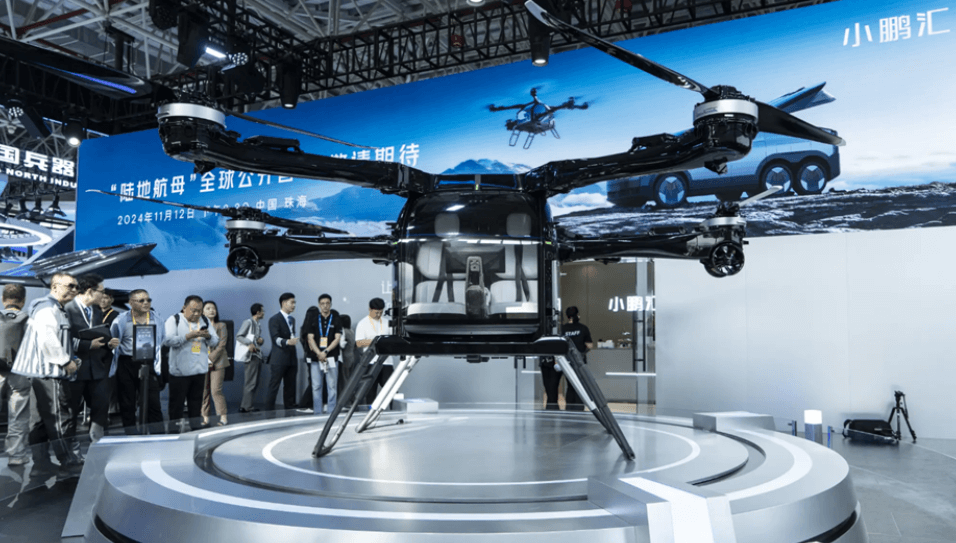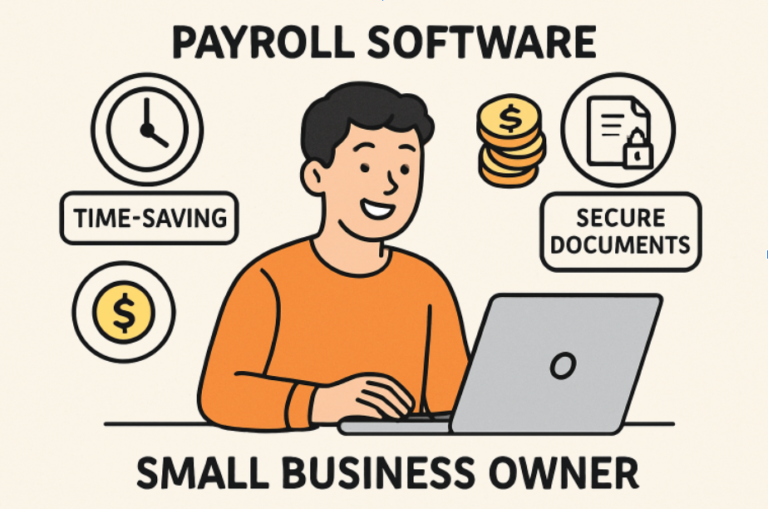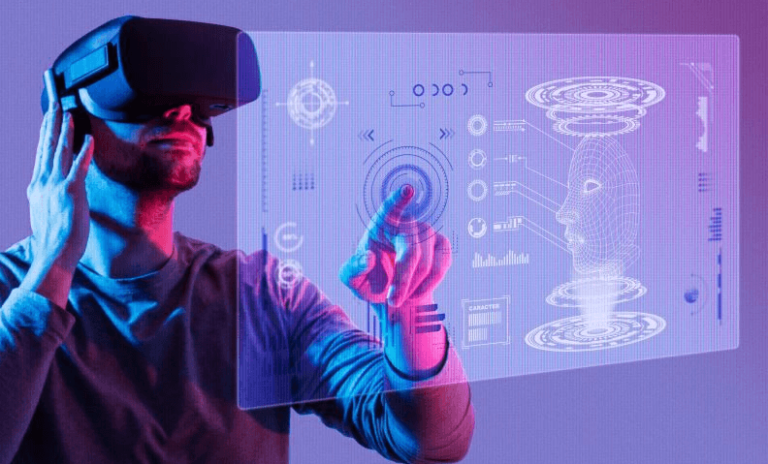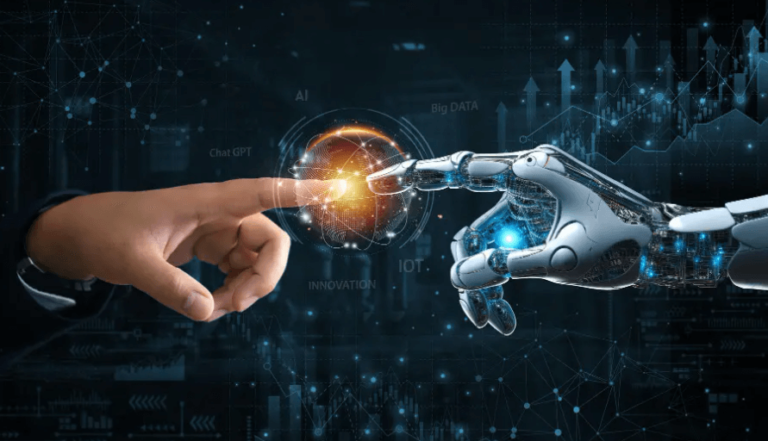Technology in 2025: Innovations Driving the Future
Technology is advancing faster than ever, transforming industries, economies, and our daily lives. From artificial intelligence (AI) and cloud computing to 5G networks and green innovations, modern tech is reshaping how we live and work. This article explores the key technology trends in 2025 and how they are impacting the future.
Artificial Intelligence: Powering Smarter Solutions
Artificial Intelligence (AI) has moved beyond theory into real-world applications.
- Healthcare: AI tools assist in disease prediction, drug development, and robotic surgeries.
- Business: Companies rely on AI for chatbots, customer insights, and predictive analytics.
- Daily Life: From personalized recommendations on Netflix to voice assistants like Alexa, AI is everywhere.
AI is projected to add trillions of dollars to the global economy in the coming decade, making it one of the most powerful technologies of our time.
Cloud Computing: The Digital Backbone
Cloud computing is no longer optional; it’s the foundation of modern digital infrastructure.
- Remote Work: Cloud tools like Google Workspace and Microsoft 365 allow global collaboration.
- Scalability: Businesses can scale storage and computing power on demand.
- Cost Efficiency: Eliminates the need for expensive hardware investments.
With hybrid and remote work growing, cloud computing continues to dominate global industries.
Internet of Things (IoT): Smart Connectivity
The Internet of Things (IoT) is making homes, workplaces, and cities more intelligent.
- Smart Homes: Devices such as smart thermostats, cameras, and lighting systems enhance comfort and security.
- Healthcare Wearables: Fitness trackers and health monitors keep users informed in real time.
- Smart Cities: IoT sensors help reduce energy consumption and manage traffic.
By 2030, IoT devices are expected to surpass 30 billion worldwide, revolutionizing efficiency and convenience.
Cybersecurity: Protecting the Digital World
As technology grows, so do digital threats. Cybersecurity has become a global necessity.
- AI-Enhanced Security: Intelligent systems detect and block suspicious activities.
- Data Privacy: Businesses invest heavily in encryption and compliance.
- User Awareness: Strong passwords and multi-factor authentication reduce risks.
With cyberattacks costing businesses billions, robust security remains a top tech priority.
5G Networks: Transforming Connectivity
The rollout of 5G networks is reshaping communication and connectivity.
- High Speed: Enables seamless streaming, video calls, and gaming.
- Low Latency: Essential for autonomous vehicles, telemedicine, and VR.
- Industry Applications: Factories use 5G to support automation and robotics.
5G is not just an upgrade—it’s a foundation for next-generation innovation.
Blockchain Technology: Beyond Cryptocurrency
While blockchain is widely associated with cryptocurrencies like Bitcoin, its applications extend much further.
- Finance: Blockchain ensures fast and transparent transactions.
- Supply Chain: Provides traceability of goods from production to delivery.
- Healthcare: Secures sensitive patient data against tampering.
Blockchain is central to the growth of Web3 and decentralized applications, shaping the internet of the future.
Green Technology: Innovation Meets Sustainability
Sustainability has become a major focus in tech. Green technology ensures innovation while reducing environmental impact.
- Renewable Energy: Solar, wind, and hydropower are increasingly adopted worldwide.
- Electric Vehicles (EVs): Car manufacturers are rapidly shifting toward eco-friendly vehicles.
- Smart Grids: AI optimizes energy distribution for reduced waste.
Green innovation is key to tackling climate change while maintaining progress.
Future Technologies to Watch
Several emerging technologies hold the potential to redefine industries:
- Quantum Computing: Expected to revolutionize problem-solving in science and finance.
- Metaverse: Virtual spaces for work, entertainment, and education.
- Biotechnology: Personalized medicine and genetic engineering.
- Artificial General Intelligence (AGI): Machines capable of human-like thinking.
These innovations will shape the global economy and lifestyle in the coming decades.
Conclusion
The future of technology is dynamic, disruptive, and full of opportunities. From AI and cloud computing to IoT, 5G, blockchain, and green innovations, each advancement is reshaping industries and societies. However, challenges such as cybersecurity risks and ethical considerations must also be addressed.
For businesses, embracing these technologies means staying competitive. For individuals, it brings smarter living, better healthcare, and new possibilities. Technology is no longer just a tool—it is the driving force of global progress.




